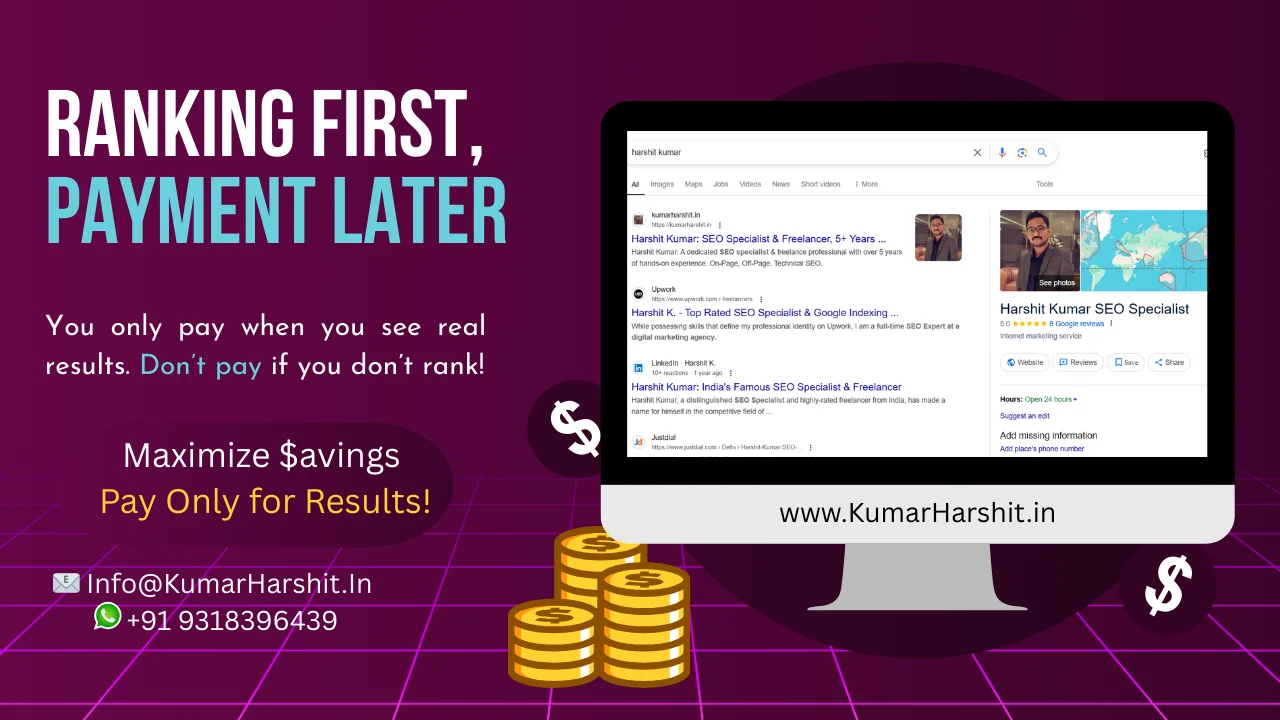For years, both astrology and artificial intelligence (AI) have carried heavy stereotypes. Astrology is often dismissed as superstition, while AI is feared for being too cold or mechanical. Yet, when brought together with the right intent, they create an unexpected ally in one of today’s most important conversations—mental wellbeing. The fusion of ancient intuition and modern intelligence offers people a new way to understand their emotions, thoughts, and inner healing.
Myth 1 – Astrology Is Just About Predicting the Future
One of the biggest misconceptions about astrology is that it’s purely about fortune-telling. In truth, real astrology is a language of symbols and patterns that reflect human behavior, emotional cycles, and subconscious tendencies.
When combined with AI, astrology becomes more analytical and evidence-based. Algorithms process chart data, recognize recurring patterns, and highlight emotional triggers or growth periods. It stops being about “what will happen” and focuses on “why it happens” and “how to manage it.”
That awareness alone can reduce anxiety, promote emotional balance, and improve decision-making—foundations of good mental health.
Myth 2 – AI Can’t Understand Emotions
AI may not feel emotions, but it can analyze them intelligently. With advancements in emotional AI and data analytics, technology can recognize behavioral trends, tone shifts, or stress signals in human input.
When applied to astrology, AI acts as an interpreter. It helps users make sense of their emotional cycles, reminding them that fluctuations are natural, not failures. This insight allows individuals to approach mental wellness with self-compassion instead of self-criticism.
Projects like DIY Astrology with AI – A Tool for Self-Discovery, Healing, and Success, created by Sachin Diwakar, available through Rashee.co and its Kickstarter campaign, exemplify this approach. The initiative uses technology to help people understand and nurture their inner world rather than judge it.
H2: Myth 3 – Combining AI and Astrology Is Unscientific
Science is not about rejecting ideas—it’s about testing, observing, and learning from patterns. Both AI and astrology operate on data and pattern recognition. While astrology maps the patterns of life and time, AI quantifies and contextualizes them.
When merged, they create a framework for understanding behavior through both logic and intuition. For example, an AI can process how certain transits might correlate with mood fluctuations, giving people tools to prepare and respond rather than react impulsively.
The Psychological Advantage of Self-Awareness
Mental wellbeing starts with self-awareness. Astrology helps identify emotional patterns; AI makes those patterns measurable and understandable. Together, they help people:
- Recognize emotional triggers before they escalate.
- Track growth through introspection and self-observation.
- Build resilience by aligning with natural cycles of rest and action.
Instead of promoting dependence, this approach empowers self-management—an essential part of long-term mental health.
A Balanced Approach to Healing
Technology is not the enemy of emotion; disconnection is. When AI and astrology are used thoughtfully, they restore balance—bringing analytical insight to emotional healing. This creates a space where self-knowledge and compassion coexist.
Conclusion
AI and astrology are not rivals to science or psychology. They are complementary tools that help individuals navigate the complexities of human emotion with clarity and kindness. By decoding emotional patterns and timing personal growth cycles, they contribute meaningfully to mental wellbeing.
In DIY Astrology with AI, author Sachin Diwakar invites readers to experience this synergy—where data meets soul, and technology becomes a tool for healing, awareness, and transformation.



